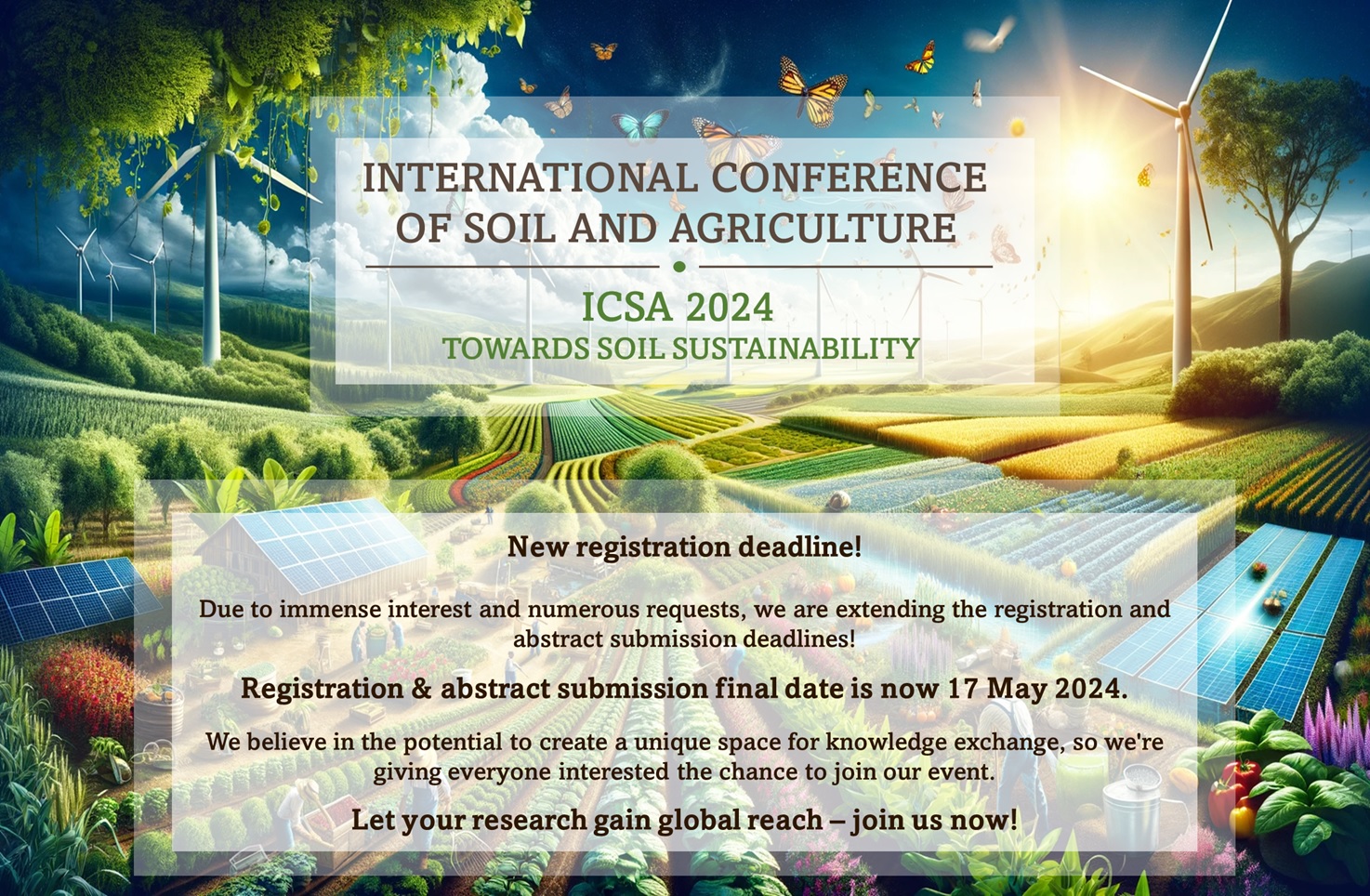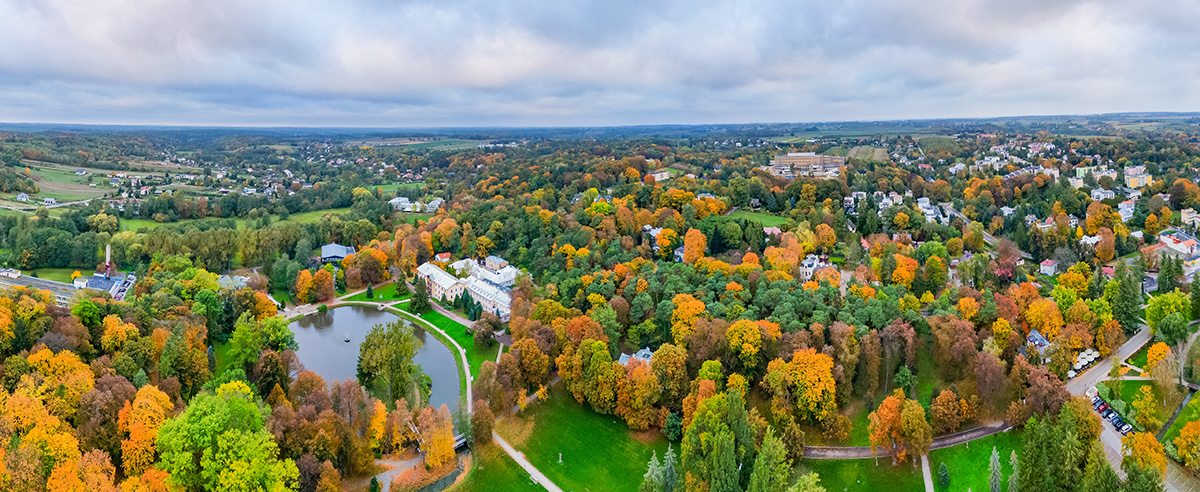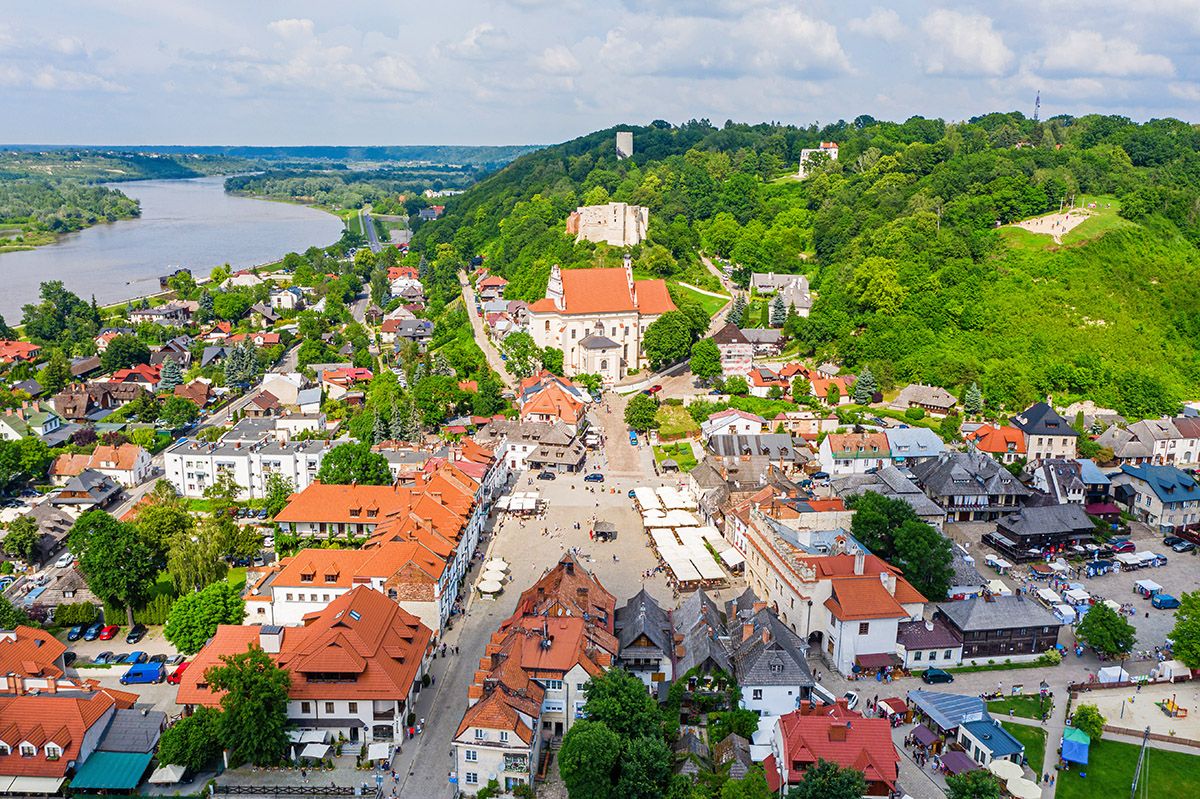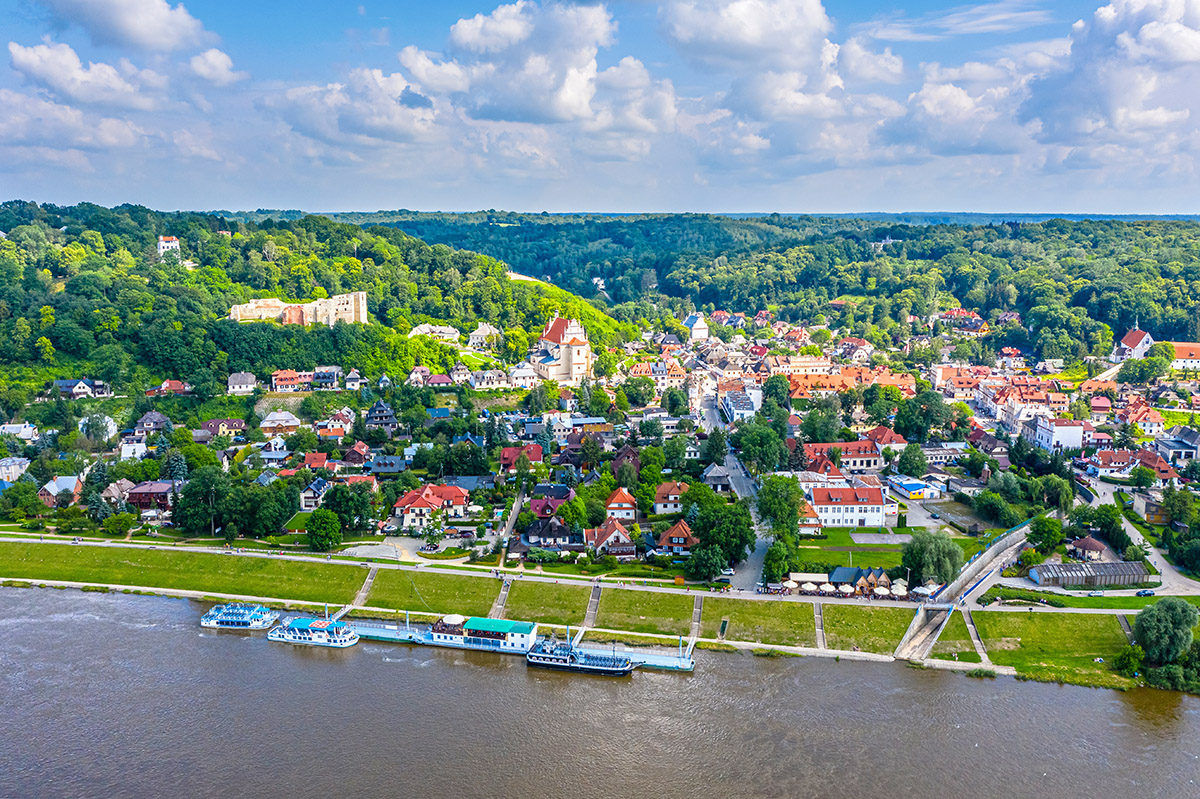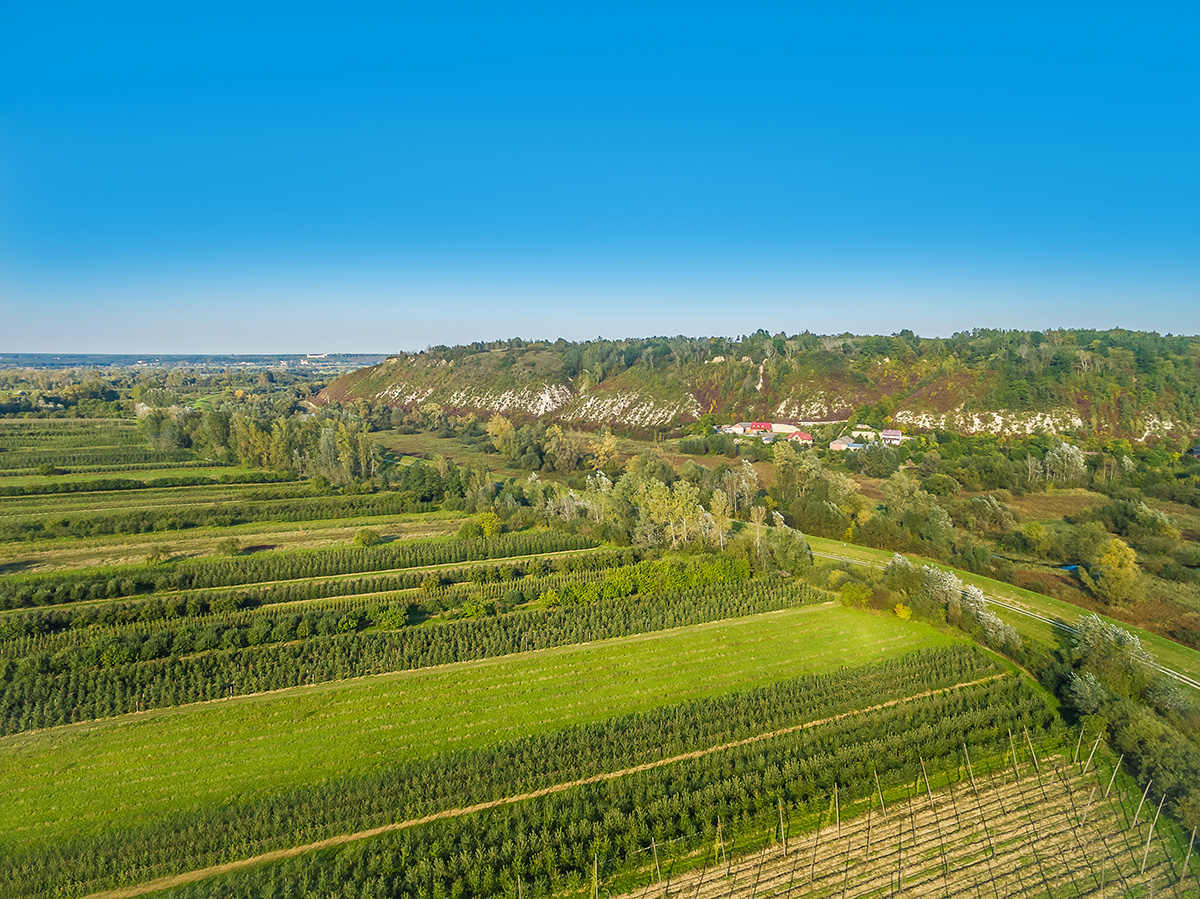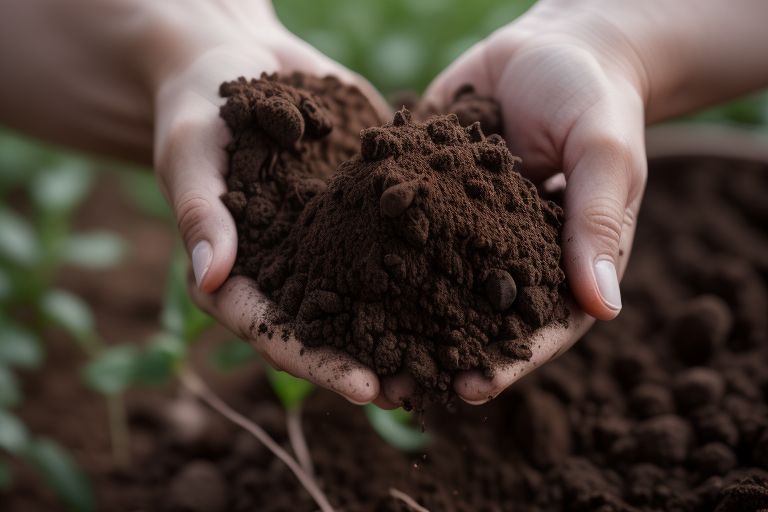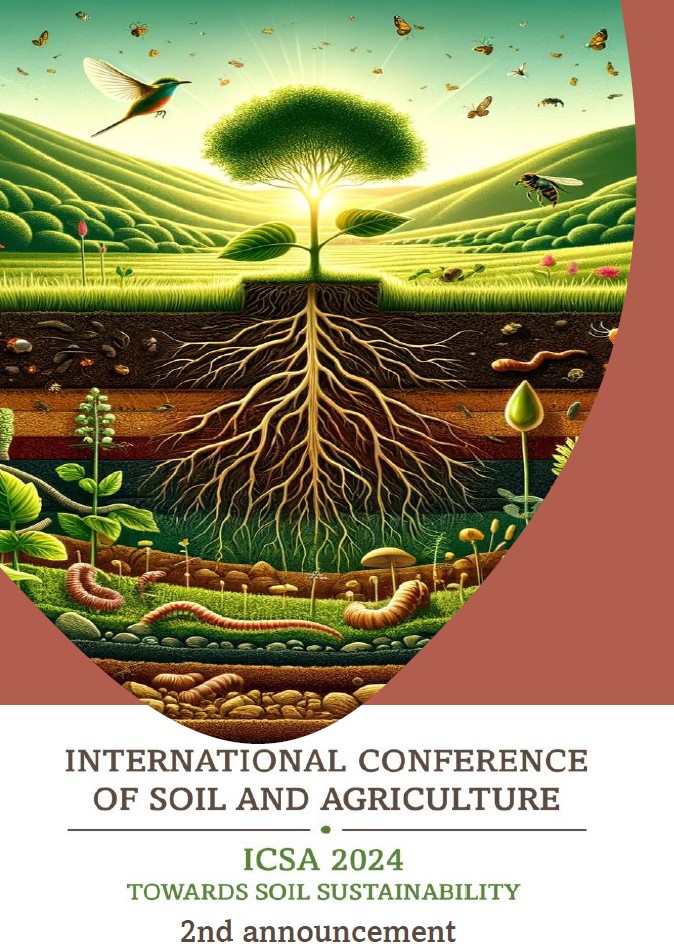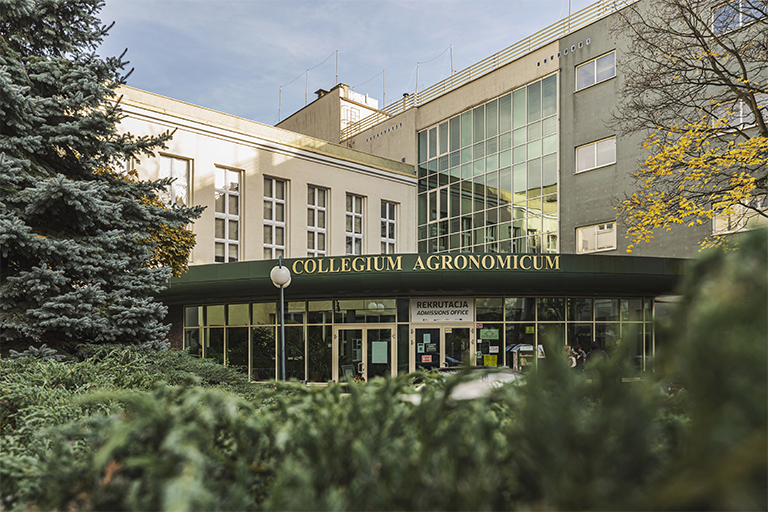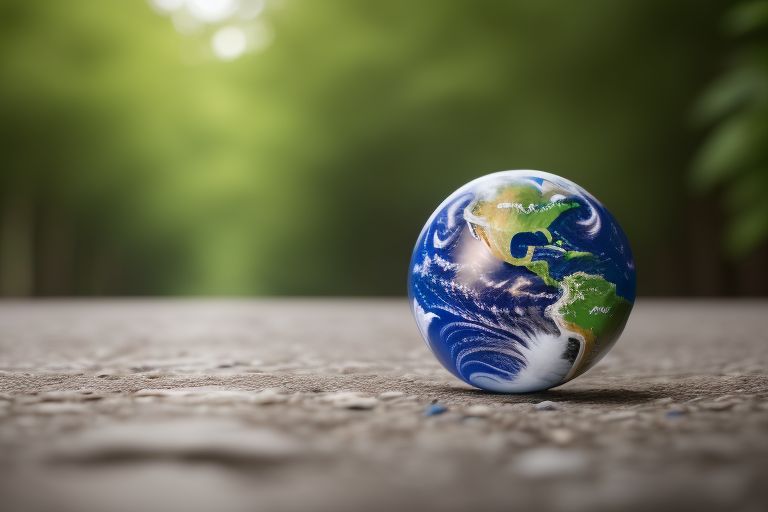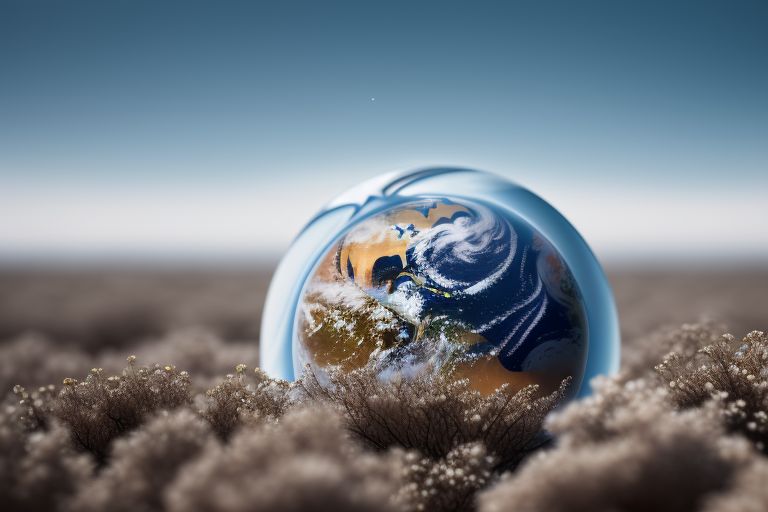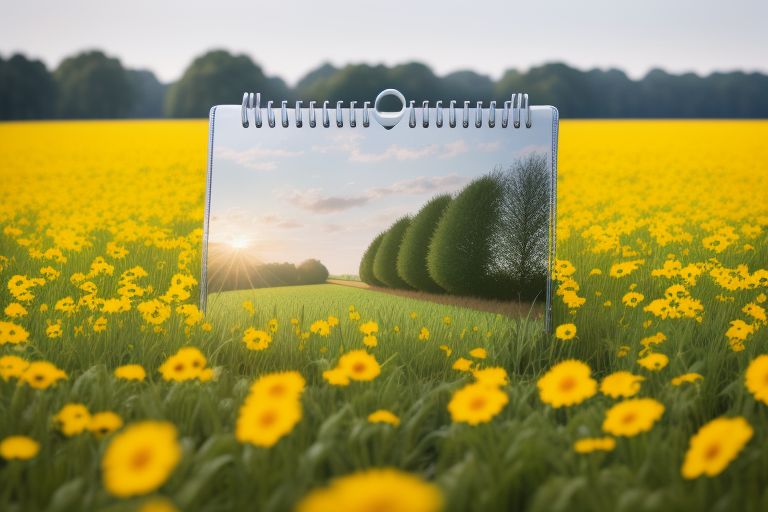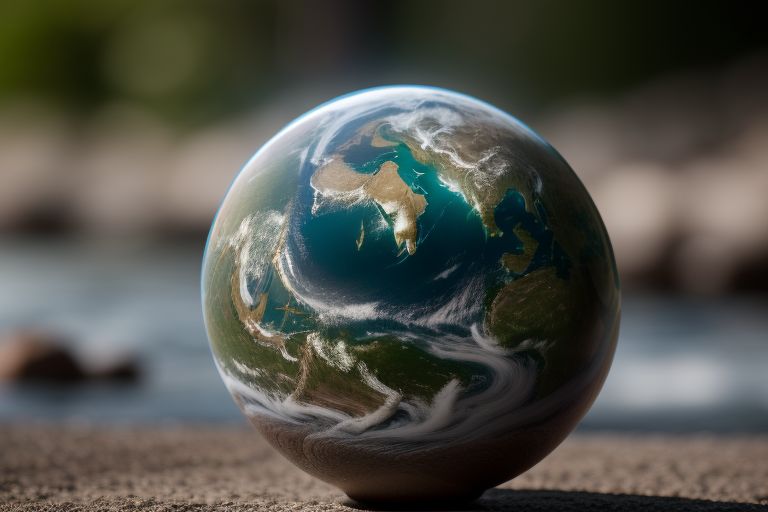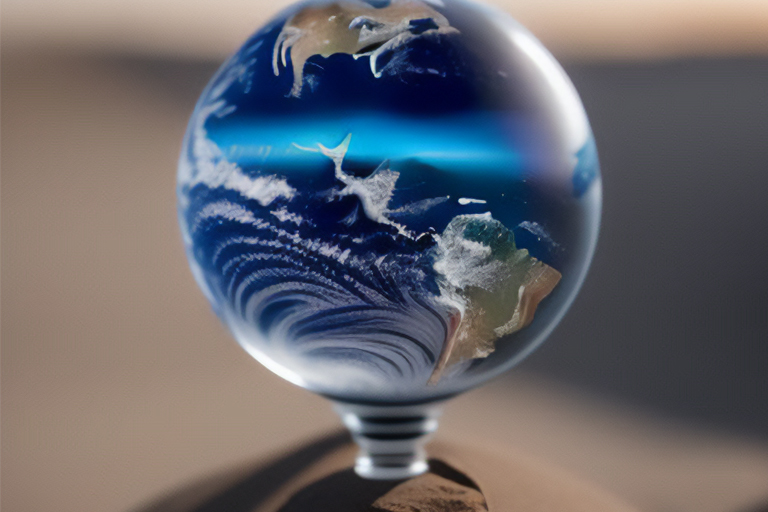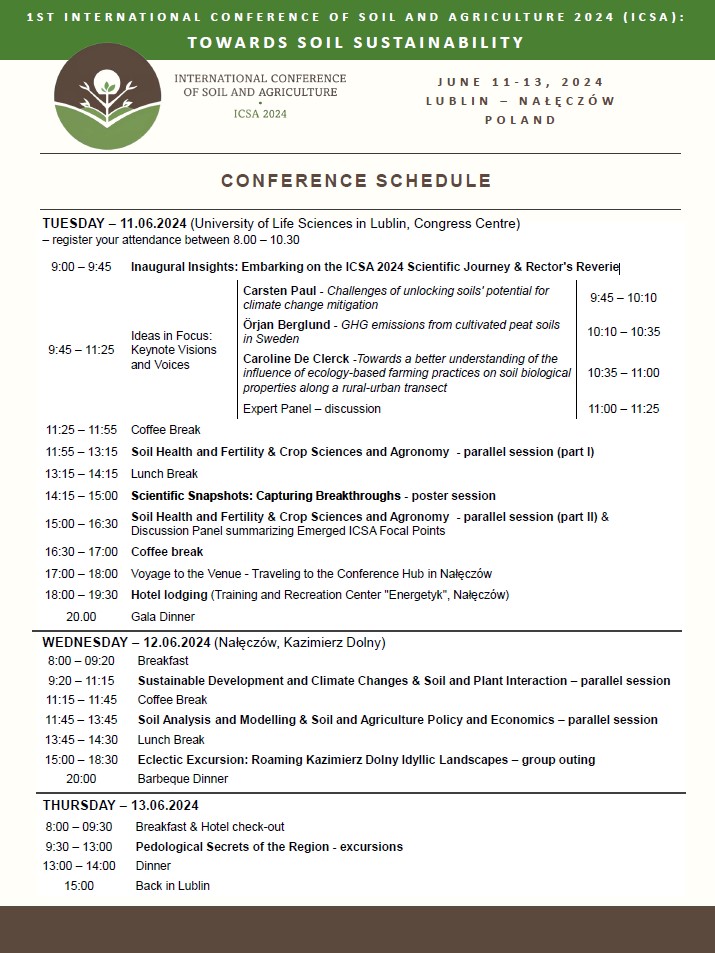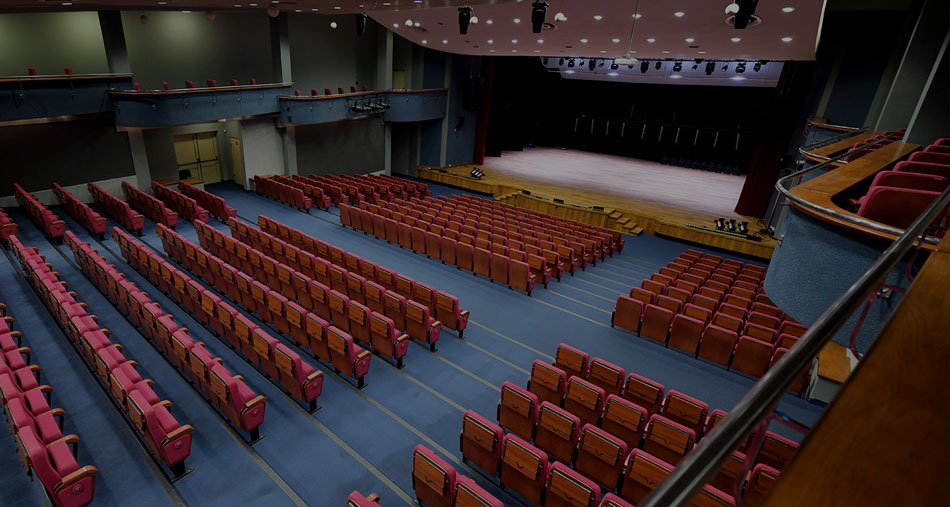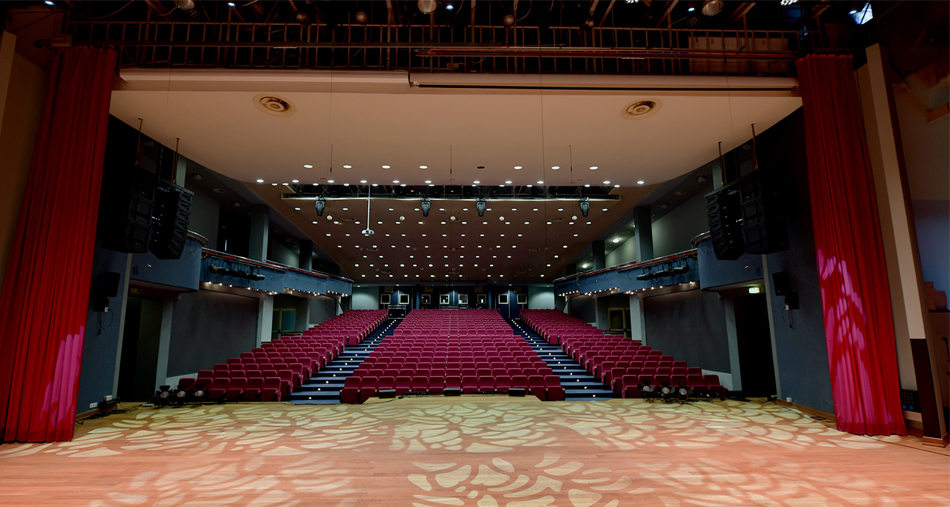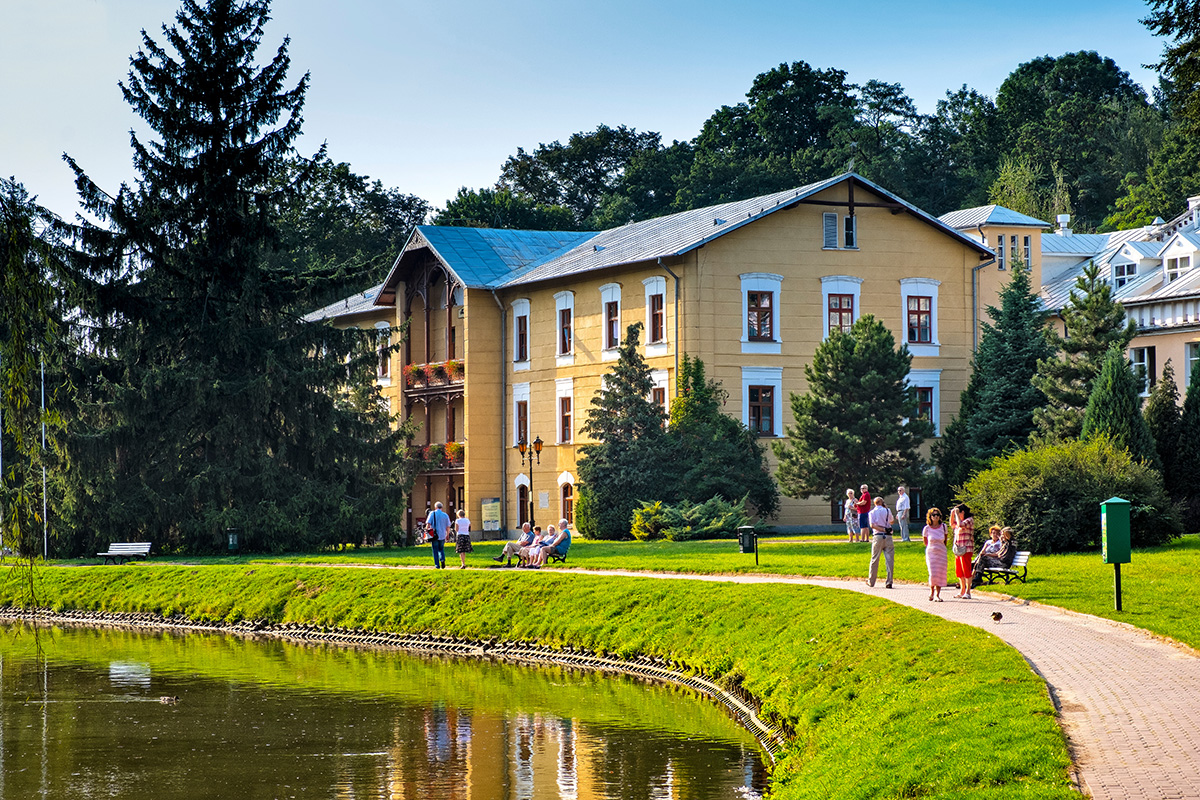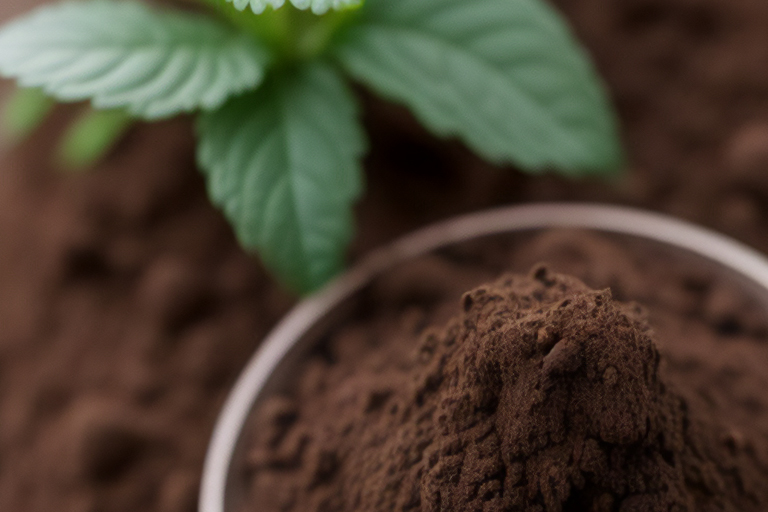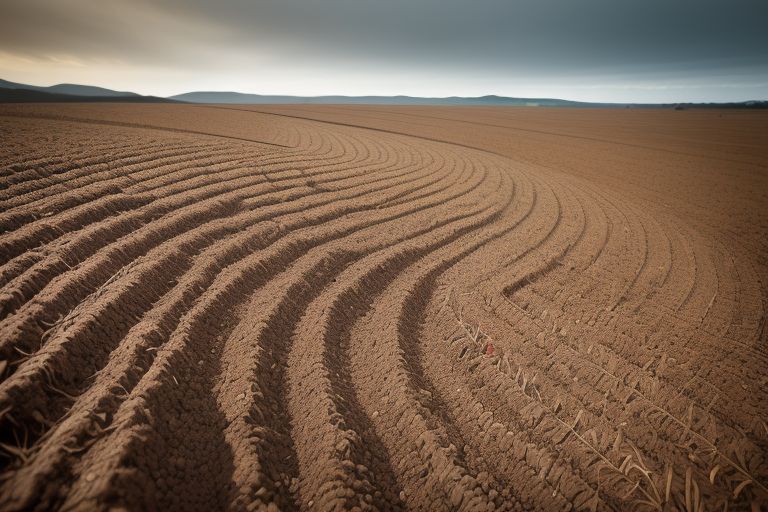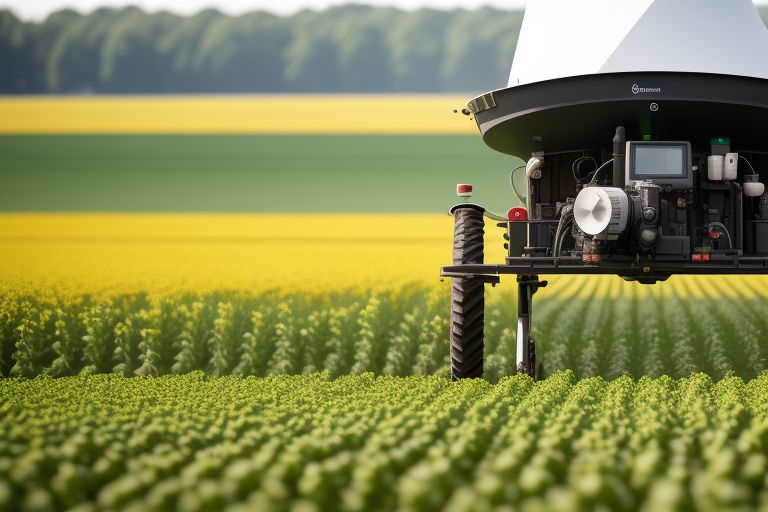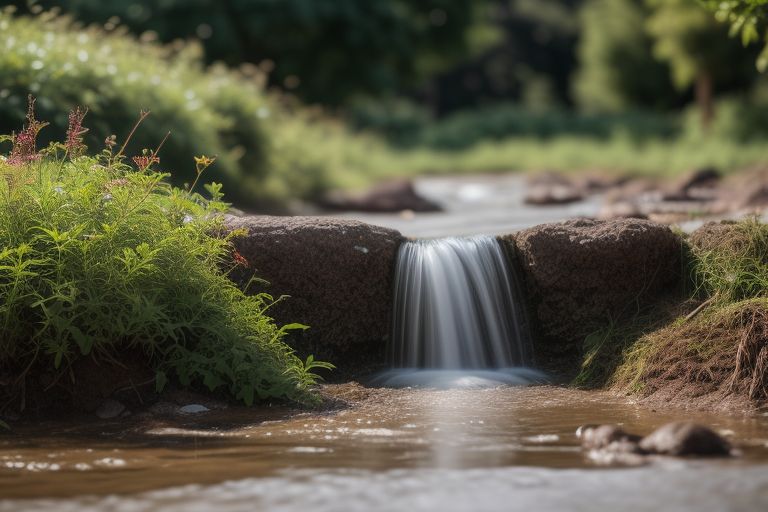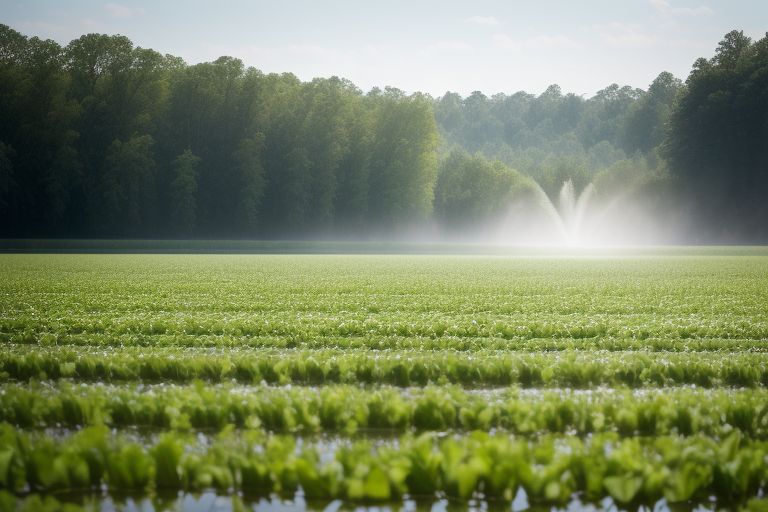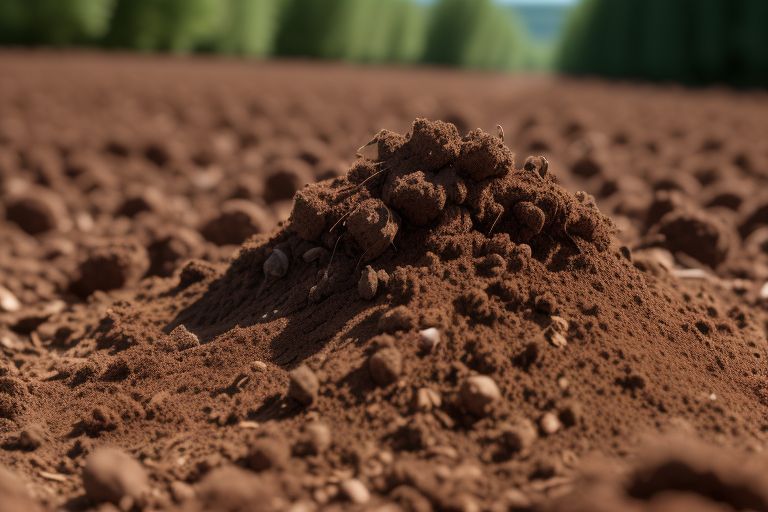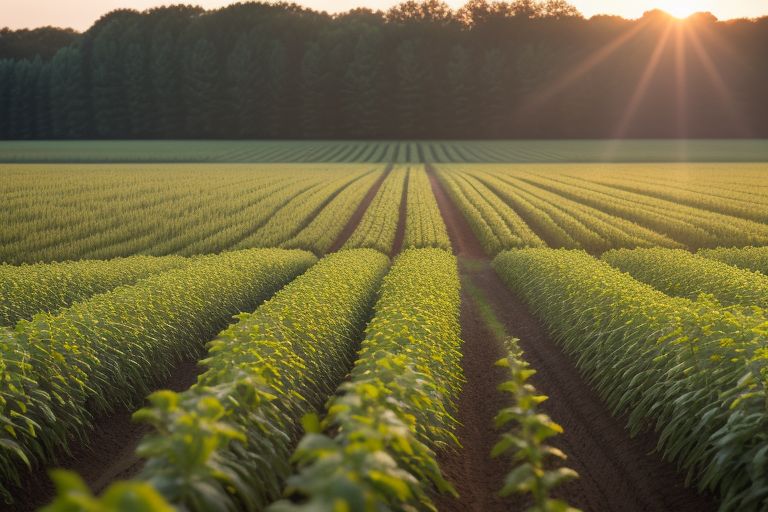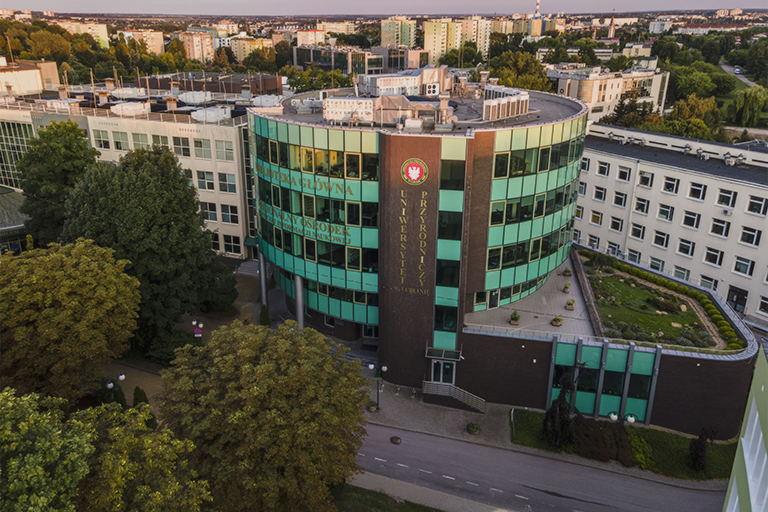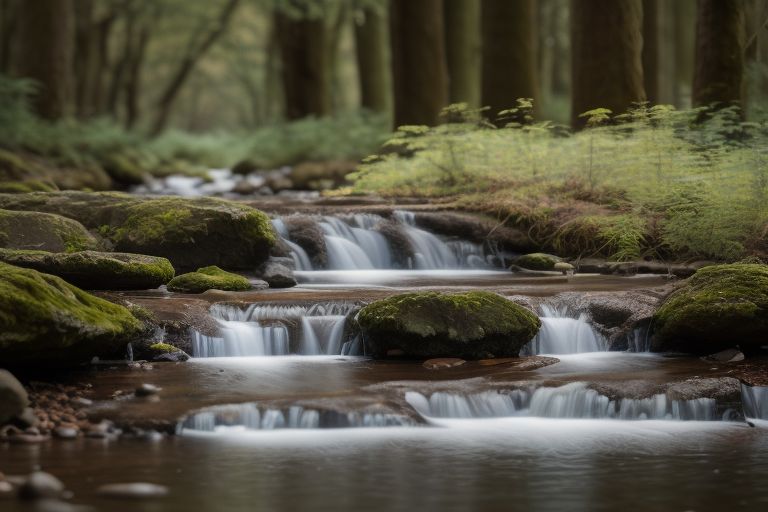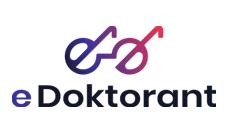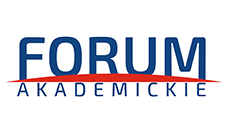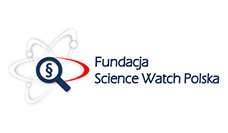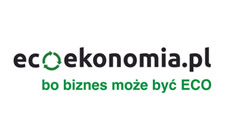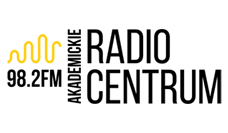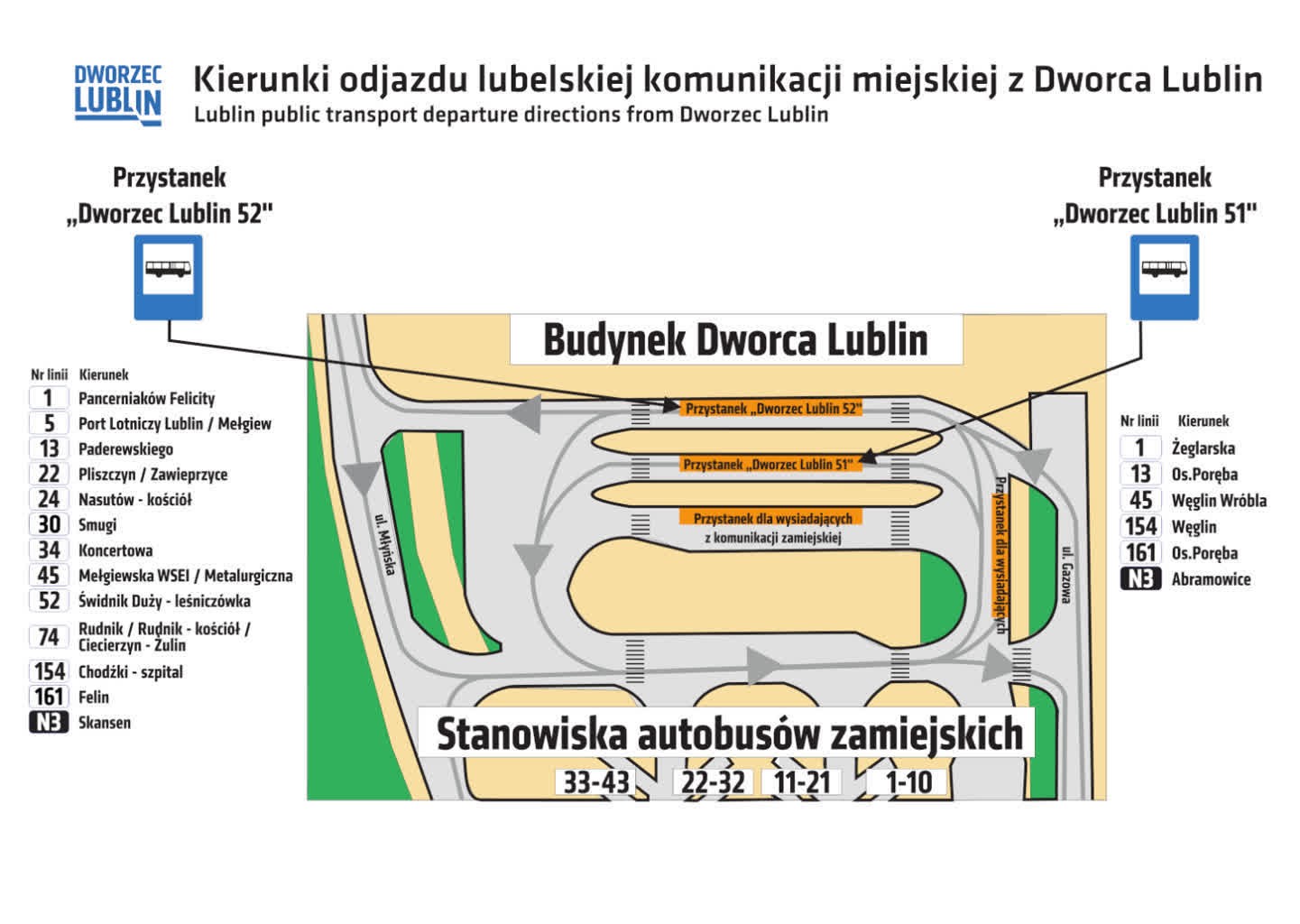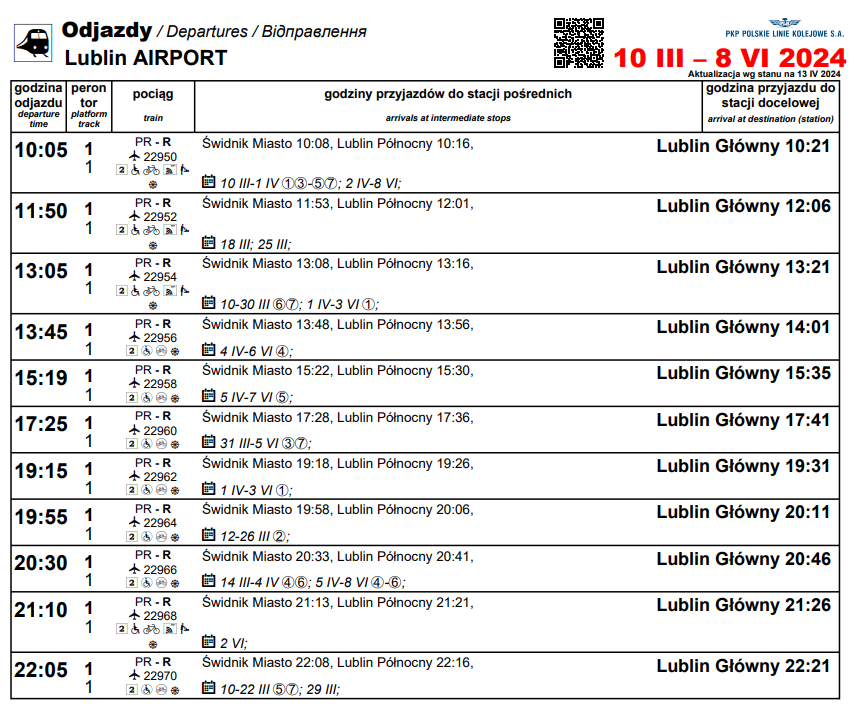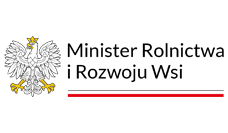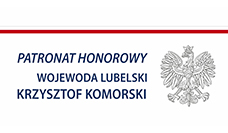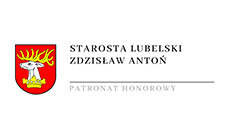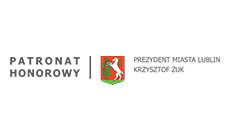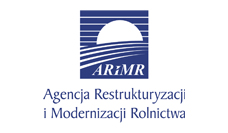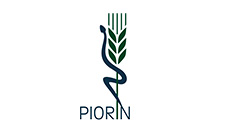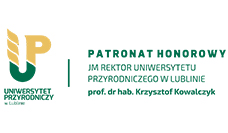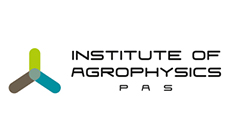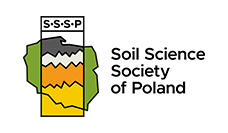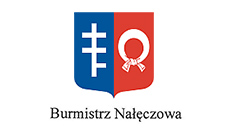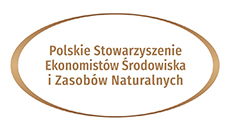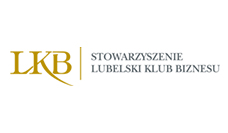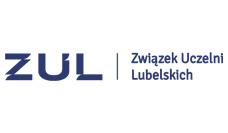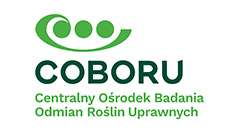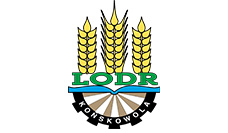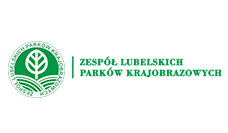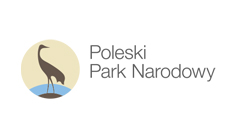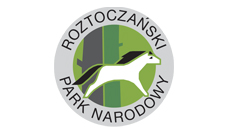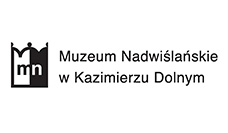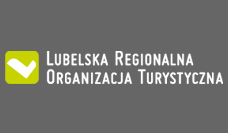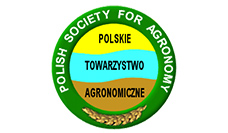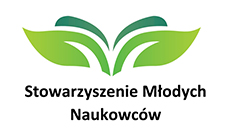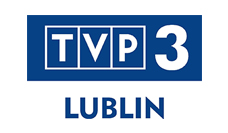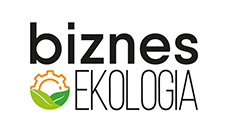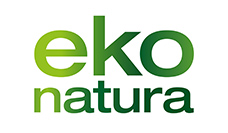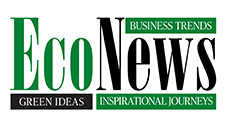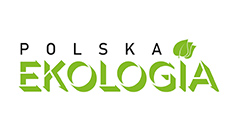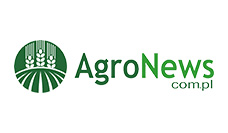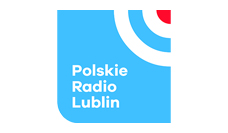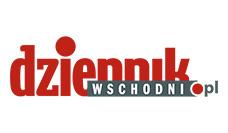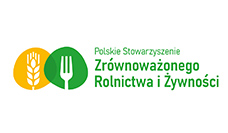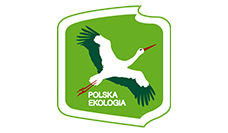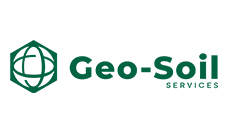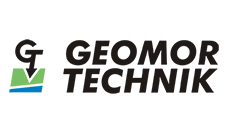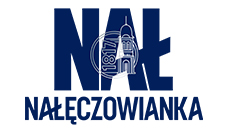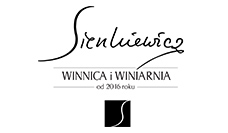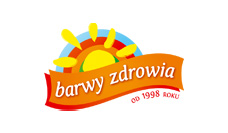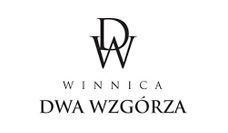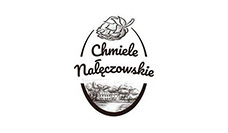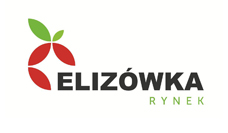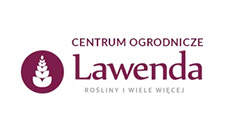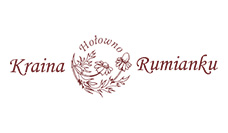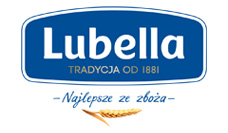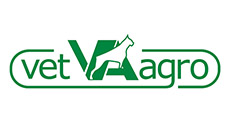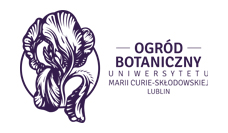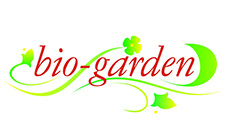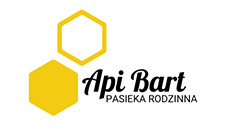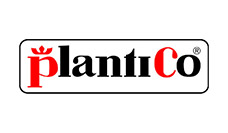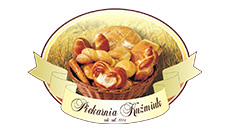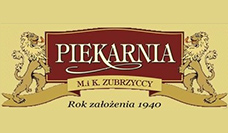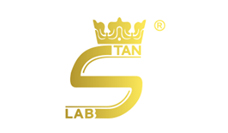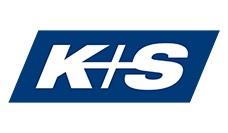

- Main menu
- Announcements
- Organizers and Cooperating Institutions
- Scientific committee
- Organizing committee
- Key dates
- Payment
- Conference programme
- Conference hub, Event site & Venue
- Hot topics
- Sessions to be explored
- Supporting Research Institutes
- Presentation guidelines
- Regulations
- Publications
- Read about Us
- Directions, accommodation, dining
- Photo gallery
- Contact
1st International Conference of Soil and Agriculture (ICSA) 2024: Towards Soil Sustainability!
June 11 – 13, 2024
Lublin — Nałęczów, Poland
Watch a TV broadcast about th conference:

Panorama Lubelska, TVP3 Lublin, 5:26
Registration extended until May 17, 2024 – stationary
***
Registration for remote participation available until June 2, 2024 – online

Tajniki gleby zgromadzą naukowców - Akademickie Radio Centrum, 23.05.2024
Organizers
Institute of Soil Science, Environment Engineering and Management, University of Life Sciences in Lublin – main host
The history of the Institute of Soil Science, Environment Engineering and Management dates back to 23 April 1945, when the Department of Soil Science was established at the Faculty of Agriculture of Maria Curie-Sklodowska University (UMCS). The department was transformed into the Sub-Department of Soil Science at the Institute of Soil Science and Agricultural Chemistry which was later renamed to the Institute of Soil Science, Agricultural Chemistry and Microbiology. As a result of subsequent reorganisations, in 1986, the Institute of Soil Science was established. The name of the Institute was changed in 1999 to the Institute of Soil Science and Environmental Management and in 2011 to the Institute of Soil Science, Environment Engineering and Management. The Heads of the Department / Institute were: Prof. Jan Tomaszewski (1945-1946), Prof. Bohdan Dobrzański (1946-1969), Prof. Ryszard Turski (1969-1992), Prof. Henryk Domżał (1992-2008), Prof. Stanisław Baran (2008-2017), Prof. Halina Smal (2017-2023), and dr hab. Sławomir Ligęza (since 2023).
The University of Life Sciences in Lublin, also known as Uniwersytet Przyrodniczy w Lublinie (UP), is a well-respected university in Lublin, Poland. It specializes in agricultural and life sciences, offering a wide range of programs related to agriculture, biology, environmental protection, veterinary medicine, and related disciplines. The University is known for its research and education in these areas, contributing to the advancement of sustainable agriculture and environmental practices.
Department of Soil Science Erosion and Land Conservation – co-host
Institute of Soil Science and Plant Cultivation – State Research Institute
The Institute of Soil Science and Plant Cultivation, State Research Institute (IUNG-PIB), located in Puławy, Poland, is a leading research institution dedicated to the study of soil science, plant cultivation, and environmental management. It plays a crucial role in advancing agricultural practices and sustainable land use in Poland and beyond.
Cooperating Institutions
Institute of Agrophysics, Polish Academy of Sciences – patronage
The Institute of Agrophysics, Polish Academy of Sciences (IA PAN), is a prominent research institution located in Lublin, Poland. It specializes in the field of agrophysics, which is the study of the physical properties and processes of agricultural and environmental systems. IA PAN conducts research, provides education, and offers valuable expertise in various areas related to agrophysics and environmental science.
The Department of Geology, Soil Science, and Geoinformation, within the Institute of Earth and Environmental Sciences at Maria Curie-Skłodowska University (UMCS) – patronage
The Department of Geology, Soil Science, and Geoinformation, within the Institute of Earth and Environmental Sciences at Maria Curie-Skłodowska University (UMCS) in Lublin, Poland, is an academic and research institution specializing in the Earth and environmental sciences. This department focuses on multidisciplinary studies related to geology, soil science, and geoinformation, offering a range of educational programs and conducting research to address various geological and environmental challenges.
The Soil Science Society of Poland – patronage
The Soil Science Society of Poland (PTG) is an organization of professionals dedicated to the promotion of soil science, research, and education in Poland. It serves as a vital platform for soil scientists, researchers, educators, and enthusiasts to collaborate, exchange knowledge, and advance the understanding of soil-related issues.
Head of the Scientific Committee
dr hab. Sławomir Ligęza, associate prof., University of Life Sciences in Lublin, Poland
Soil Health, Fertility and Biodiversity
dr hab. Maira Kussainova, Kazakhstan National Agrarian Research University, Kazakhstan
dr Lawrence Tatanah Nanganoa, Institute of Agricultural Research for Development, Cameroon
prof. dr hab. Jacek Antonkiewicz, University of Agriculture, Cracow, Poland
prof. dr hab. Andrzej Bieganowski, Institute of Agrophysics, PAS, Poland
prof. dr hab. Krystyna Ciarkowska, University of Agriculture, Cracow, Poland
prof. dr hab. Ewa Czyż, University of Rzeszów, Poland
prof. dr hab. Jacek Długosz, Bydgoszcz University of Science and Technology, Poland
dr hab. Waldemar Spychalski, associate prof., University of Life Sciences in Poznań, Poland
Crop Sciences and Agronomy
dr Mart Ros, Wageningen University & Research, the Netherlands
prof. dr hab. Jacek Pranagal, University of Life Sciences in Lublin, Poland
prof. dr hab. Cezary Sławiński, Institute of Agrophysics, PAS, Poland
prof. dr hab. Danuta Urban, University of Life Sciences in Lublin, Poland
dr hab. Agnieszka Baran, associate prof., University of Agriculture, Cracow, Poland
dr hab. Małgorzata Haliniarz, associate prof., University of Life Sciences in Lublin, Poland
Sustainable Development and Climate Changes
dr Örjan Berglund, Department of Soil and Environment, Swedish University of Agricultural Sciences, Sweden
dr hab. Sang Yoon Kim, Sunchon National University, Republic of Korea
dr Carsten Paul, Leibniz Centre for Agricultural Landscape Research Germany
prof. dr hab. Andrzej Łachacz, University of Warmia and Mazury, Olsztyn, Poland
prof. dr hab. Katarzyna Ognik, Director of Doctoral School, University of Life Sciences in Lublin, Poland
dr hab. Urszula Kosior-Korzecka, associate prof., vice-rector, University of Life Sciences in Lublin, Poland
dr hab. Grzegorz Siebielec, associate prof., Institute of Soil Science and Plant Cultivation, State Research Institute, Poland
dr hab. Tomasz Zaleski, associate prof., University of Agriculture, Cracow, Poland
Soil and Plant Interaction
dr hab. Caroline de Clerck, Gembloux Agro-Bio Tech, University of Liège, Belgium
prof. dr hab. Elżbieta Jamroz, University of Life Sciences in Wrocław, Poland
prof. dr hab. Krzysztof Jóźwiakowski, University of Life Sciences in Lublin, Poland
prof. dr hab. Anna Karczewska, University of Life Sciences in Wrocław, Poland
prof. dr hab. Mirosław Kobierski, Bydgoszcz University of Science and Technology, Poland
prof. dr hab. Barbara Kołodziej, University of Life Sciences in Lublin, Poland
prof.dr hab. Aleksandra Badora, University of Life Sciences in Lublin, Poland
dr hab. Jerzy Jonczak, associate prof., Warsaw University of Life Sciences, Poland
dr hab. Mirosław Orzechowski, associate prof, University of Warmia and Mazury in Olsztyn
dr hab. Paweł Sowiński, associate prof, University of Warmia and Mazury in Olsztyn
Soil Analysis and Modelling
dr hab. Katharina Meurer, Department of Soil and Environment, Swedish University of Agricultural Sciences, Sweden
prof. dr hab. Józef Chojnicki, Warsaw University of Life Sciences, Poland
prof. dr hab. Marek Drewnik, Jagiellonian University, Cracow, Poland
prof. dr hab. Cezary Kabała, University of Life Sciences in Wrocław, Poland
dr hab. Michał Jankowski, associate prof., Nicolaus Copernicus University in Toruń, Poland
dr hab. Andrzej Plak, associate prof. Maria Curie-Skłodowska University, Poland
dr hab. Katarzyna Szopka, associate prof., University of Life Sciences in Wrocław, Poland
dr hab. Wojciech Tołoczko, University of Łódź, Poland
dr hab. Zbigniew Zagórski, Soil Science Society of Poland, Warsaw University of Life Sciences, Poland
dr hab. Marek Podlasiński, associate prof., West Pomeranian University of Technology in Szczecin, Poland
dr hab. Jacek Chodorowski, associate prof., Maria Curie-Skłodowska University, Lublin, Poland
Soil and Agriculture Policy and Economics
dr Chantal Hendriks, Wageningen Environmental Research, Wageningen University and Research, Netherlands
prof. dr hab. Bartosz Sołowiej, vice-rector University of Life Sciences in Lublin, Poland
prof. dr hab. Piotr Hulisz, Nicolaus Copernicus University in Toruń, Poland
dr hab. Sławomir Ligęza, associate prof., University of Life Sciences in Lublin, Poland
dr hab. Sławomir Smólczyński, associate prof, University of Warmia and Mazury in Olsztyn
dr hab Bożena Smreczak, Institute of Soil Science and Plant Cultivation, State Research Institute, Poland
dr hab. Przemysław Tkaczyk, associate prof., University of Life Sciences in Lublin, Poland
dr Piotr Bartmiński, Soil Science Society of Poland, Maria Curie-Skłodowska University, Poland
Organizing committee
Dr hab. Sławomir Ligęza, associate prof. – Head of the Committee
PhD Joanna Gmitrowicz-Iwan – Vice-Head of the Committee
MSc Sebastian Kuśmierz, PhD student – secretary of the Conference – foreign division
PhD Małgorzata Wysocka – secretary of the Conference – national division
Dr hab. Barbara Futa, associate prof.
Dr hab. Maja Bryk, associate prof.
Dr hab. Beata Kołodziej, associate prof.
Dr hab. Grażyna Żukowska, associate prof.
Dr hab. Marta Bik-Małodzińska, associate prof.
Dr hab. Marcin Świtoniak, associate prof. – Nicolaus Copernicus University in Toruń
Dr hab. Przemysław Charzyński, associate prof. – Nicolaus Copernicus University in Toruń
Dr hab. Jacek Chodorowski, associate prof. – Maria Curie-Skłodowska University
PhD Piotr Bartmiński, Maria Curie-Skłodowska University
PhD Magdalena Myszura-Dymek
PhD Monika Jaroszuk-Sierocińska
PhD Anna Mikosz
MSc Katarzyna Kuśmierz, PhD student
MSc Agnieszka Kłos
MSc Alicja Strzałka
MSc Daniel Strzałka
MSc Iwona Baciurn
MSc Małgorzata Zawiślak-Pranagal
MA Karolina Kwapisz
Important Dates for the Conference:
1st Announcement – December 1, 2023
Exciting news! The first announcement for our upcoming conference is scheduled for December 1, 2023.
Registration Opens – December 1, 2023
Get ready to secure your spot! Registration officially begins on December 1, 2023.
Abstract Registration Commences – December 11, 2023
Ready to share your research? Abstract registration opens on December 11, 2023.
2nd Announcement – March 15, 2024
Stay tuned! Our second announcement is scheduled for March 15, 2024.
Registration Deadline – May 17, 2024
Don’t miss out! The deadline for conference registration is May 17, 2024 or June 2, 2024 for online participants.
Abstract Submission Deadline – May 31, 2024
Last chance to submit! Abstract submissions close on April 30, 2024.
Deadline for Payment – May 17, 2024
Secure your participation! The deadline for payment is also May 17, 2024.
3rd Announcement and Conference Programme Release – May 30, 2024
The wait is over! On May 30, 2024, we will unveil the highly anticipated 3rd announcement along with the complete conference programme.
University of Life Sciences in Lublin
Akademicka 13
20-950 Lublin
NIP 712 010 37 75
26 1240 5497 1111 0011 3333 1849
Bank Pekao S.A. o/ Lublin Krakowskie Przedmieście 72, 20-076 Lublin
Transfer title: ICSA / name and surname of the participant
IBAN/SWIFT: BREXPLW
A scan of the proof of payment should be sent by e-mail to: icsa@up.lublin.pl by May 17, 2024.
Failure to make the payment within the indicated period means resignation from participation.
Invoices will be issued for all registered participants and sent to the e-mail address provided by the participant.
The conference fee is non-refundable.
The basic fee for active participation during the first day of the conference (11th – 13th June 2024) is 100 Euro (or 400 PLN) and includes the publication of an abstract with DOI, a certificate for people giving presentation or presenting a poster, coffee break and lunch.
The full admission fee is 500 Euro (2200 PLN) and includes participation in all scientific sessions (11th – 13th June 2024) + receptions + gala dinner + excursions + 2-night accommodation in Nałęczów, the publication of an abstract with DOI, a certificate for people giving presentation or presenting a poster.
The fee for full admission without accommodation is 450 Euro (1950 PLN) and includes participation in all scientific sessions (11th – 13th June 2024) + receptions + gala dinner + excursions, the publication of an abstract with DOI, a certificate for people giving presentation or presenting a poster.
There is a discount for BSc, MSc and PhD students: 80 Euro/400PLN (full admission) and 50 Euro/200 PLN (one day admission).

final schedule
June 11th
Congress Center – University of Life Sciences in Lublin
Akademicka 13
20-950 Lublin
Accommodation: Training and Recreation Center “Energetyk”
Ignacego Paderewskiego 10
24-140 Nałęczów
June 12th
Conference: Training and Recreation Center “Energetyk”
Ignacego Paderewskiego 10
24-140 Nałęczów
Excursion to Kazimierz Dolny
June 13th
Landscape & Pedological Secrets
Nałęczów – Czesławice – Skarpa Dobrska – Celejów – Lublin
Lublin: Where History Meets Modernity
Nestled in the heart of Eastern Poland, Lublin stands as a vibrant testament to the country’s rich history and cultural diversity. This city, with its roots stretching back to the 6th century, is a living museum where the past and present coexist in harmony. From the majestic Lublin Castle, which houses centuries-old treasures, to the bustling streets of the Old Town, brimming with modern cafes and galleries, Lublin is a city that charms visitors with its unique blend of history and modernity. It’s not just the architecture that tells the tales of centuries; the city’s spirit, shaped by its role as a melting pot of various cultures and religions, adds to its allure, making Lublin a must-visit destination for those eager to experience the soul of Poland.
Nałęczów: A Breath of Fresh Air
A stone’s throw from the hustle and bustle of city life lies Nałęczów, a serene spa town renowned for its healing waters and tranquil gardens. Steeped in health and wellness traditions dating back to the 18th century, Nałęczów offers a sanctuary for those seeking relaxation and rejuvenation. The town’s heart, the Zdrojowy Park, is a lush expanse of greenery that invites leisurely strolls and moments of peaceful contemplation. With its elegant sanatoriums and historic villas, Nałęczów is not just a retreat for the body but also a feast for the eyes, embodying the timeless charm of Poland’s countryside. Whether you’re drawn by the promise of therapeutic treatments or the simple joy of connecting with nature, Nałęczów is a haven of health and happiness.
Within the dynamic field of soil science, several key environmental issues are emerging as critical focal points. These topics reflect the evolving landscape of soil research, and they invite conference presenters to share their insights and findings. It’s important to note that these topics are not limitations but rather exciting areas that hold immense potential for driving innovation and progress in soil science. Presenters are encouraged to explore and contribute to these critical conversations:
Peatlands Rewetting: Peatlands, vital ecosystems for carbon sequestration, are facing challenges due to drainage and degradation. Innovative techniques to restore and rewet peatlands offer a promising path to mitigate their environmental impact.
N2O Emissions from Agriculture: The reduction of nitrous oxide (N2O) emissions from agricultural activities is a pressing concern. Strategies aimed at minimizing these emissions, such as optimizing fertilizer use and adopting precision agriculture, hold the potential to significantly reduce greenhouse gas contributions.
Climate Change Soil Consequences: Climate change’s far-reaching impacts on soil quality, fertility, and erosion are a focal point. Understanding and addressing these consequences are essential for developing resilient and sustainable agricultural systems.
Overcoming the Limitations of Soil Carbon Sequestration: Soil carbon sequestration is a key player in climate change mitigation. Not only organic but also inorganic carbon sequestration and regenerative farming practices, offer solutions to offset anthropogenic CO2 emission.
At ICSA 2024, we encourage our guests to dive into these emerging subjects – the key environmental issues, which are not just current challenges but stepping stones toward a more sustainable and resilient future. Our aim is to facilitate in-depth discussions, share knowledge, and foster collaborations, transcending traditional boundaries and embracing the multifaceted challenges and opportunities that soil science presents.
-
Session A - Soil Health and Fertility
Explore the intricate world of soil science, focusing on factors that significantly impact soil health and fertility. In this session, we delve into the science behind soil microbiology and ecology, nutrient management, erosion prevention, and pollution remediation. Discover the fundamental role of soil in agriculture and the environment.
Topics:
- Soil Microbiology and Ecology
- Soil Fertility and Nutrient Management
- Soil Erosion and Conservation
- Soil Pollution and Remediation
-
Session B - Crop Sciences and Agronomy
This session is a deep dive into the realm of crop sciences and agronomy, where we explore the genetic foundations of crops and cutting-edge technologies that enhance crop productivity. We discuss strategies for managing crop diseases and pests, as well as understanding agroecosystem resilience in an ever-changing environment.
Topics:
- Crop Physiology and Genetics
- Precision Agriculture and Agrotechnology
- Crop Disease and Pest Management
- Agroecosystems Resilience
-
Session C - Sustainable Development and Climate Changes
Sustainability takes the spotlight in this session, where we delve into agricultural and environmental practices that promote sustainability and ecosystem health. Topics include organic farming principles, innovative water management techniques, climate-smart agriculture, and regenerative farming approaches, as well as climate changes adaptation and mitigation.
Topics:
- Organic Farming and Agroecology
- Water Management in Agriculture
- Climate-Smart Agriculture
- Climate Changes Adaptation and Mitigation
-
Session D - Soil and Plant Interaction
This session focuses on the dynamic relationship between soil and plants, essential for agricultural success. Explore the complex world of the rhizosphere, uncover the effects of plant-soil interactions, and delve into the intricate web of relationships among soil, plants, and microbes. Additionally, we examine emerging soil biotechnologies.
Topics:
- Rhizosphere Ecology
- Plant-Soil Interactions
- Soil-Plant-Microbe Interplay
- Soil Biotechnology
-
Session E - Soil Analysis and Modelling
Precision soil testing and analysis are vital for informed decision-making in agriculture. This session highlights advanced techniques such as geospatial technology and remote sensing for real-time monitoring of soil conditions. We discuss soil information systems, modelling approaches, and the latest innovations in soil analysis.
Topics:
- Geospatial Technology in Environmental Management
- Remote Sensing Applications
- Soil Information Systems and Modelling
- Innovations in Soil Testing and Analysis
-
Session F - Soil and Agriculture Policy and Economics
Soil and agriculture go beyond science, delving into policy and economics. In this session, we explore policies shaping agricultural practices, examine the economic aspects of agriculture, and analyse land use policies. We also discuss agribusiness trends, providing insights into the dynamic world of agriculture economics.
Topics:
- Agricultural Policy and Sustainability
- Economic Analysis of Agriculture Practices
- Land Use and Soil Resource Polices
- Agribusiness and Market Trends
Supporting Research Institutes
Our scientific endeavour involves not only the organizers, but primarily the esteemed guests, with special acknowledgment bestowed upon prominent scientists from distant soil research centres. While our Scientific Committee is still expanding, it currently consists of exceptional soil scientists from the following academic institutions:
Wageningen Environmental Research, Wageningen University & Research
Wageningen Environmental Research (WENR) is a leading research institute that is part of Wageningen University & Research, a prestigious institution in the Netherlands. It is dedicated to conducting research and providing expertise in the field of environmental sciences, with a focus on addressing complex challenges related to the environment, agriculture, and natural resources.
The Department of Soil and Environment at the Swedish University of Agricultural Sciences
The Department of Soil and Environment at the Swedish University of Agricultural Sciences (SLU) is a prominent academic department in Sweden dedicated to the study of soil science, environmental sciences, and related fields. It is part of SLU, a renowned institution in the field of soil and agriculture. It focuses on research, education, and outreach to address critical environmental issues.
The Institute of Agricultural Research for Development
The Institute of Agricultural Research for Development (IRAD), known also as Institut de Recherche Agricole pour le Développement, is a key research institution in Cameroon. It is dedicated to agricultural research, development, and the improvement of agricultural practices in the country. IRAD plays a vital role in enhancing food security, agricultural productivity, and the overall welfare of rural communities in Cameroon.
Leibniz Centre for Agricultural Landscape Research
The Leibniz Centre for Agricultural Landscape Research (ZALF), known as Leibniz-Zentrum für Agrarlandschaftsforschung, is a research institution based in Müncheberg, Germany. ZALF specializes in interdisciplinary research focusing on the interactions between agriculture, land use, and the environment. The centre aims to address complex challenges related to sustainable land management, biodiversity conservation, and the integration of agricultural practices with environmental goals.
Gembloux Agro-Bio Tech , University of Liège
Gembloux Agro-Bio Tech is a renowned faculty of the University of Liège, It specializes in agricultural and bioengineering sciences, offering a range of academic programs and conducting research in various fields related to agronomy and environmental sciences. Gembloux Agro-Bio Tech is recognized also for its contributions to agricultural education playing a crucial role in training future professionalsand advancing knowledge in sustainable agriculture and bioengineering.
Kazakh National Agrarian Research University
Kazakh National Agrarian Research University (KazNARU) is a prominent institution in Kazakhstan dedicated to agricultural education, research, and development. KazNARU offers a range of academic programs with the strong emphasis on agricultural and environmental research. The university emphasizes interrelations of research, technology transfer and extension services as a fundamental component of its agriculture and environmental sciences academic activities.
Sunchon National University
Sunchon National University (SCNU) stands as a leading institution in South Korea, contributing significantly to the fields of agricultural education, research, and development. Established with a focus on addressing contemporary challenges in agriculture and environmental sciences, through its multifaceted approach, SCNU plays a pivotal role in advancing knowledge and practices that enhance agricultural productivity and environmental sustainability in South Korea and beyond.
🌐 Abstract Selection:
The selection of submitted abstracts for oral or poster presentations, as well as their assignment to the given session, will be determined by a panel selected from our esteemed Scientific Committee. Information about abstracts qualified for the given presentation form will be published in advance of the final conference program.
Download:

Abstract template (.docx)
Technical guidelines for the preparation of oral presentations:
- Please prepare your presentation in PowerPoint (PPTX format) and save it additionally in PDF format as a back-up. Use horizontal slide orientation and text in English.
- Presentation time: in the plenary session, 25 minutes; in the thematic session, 10 minutes plus 5 minutes for questions.
- Please prepare your presentation on a memory stick to hand it over to us at the time of registration or before the start of the session.
Technical guidelines for the preparation of posters:
- Please prepare your poster in A1 format (841 x 594 mm), in portrait orientation, in English.
- We can print your poster at no extra charge if you send it to us by 31 May 2024 at the latest. Please prepare your poster in PDF or jpg format for this purpose.
Wytyczne techniczne przygotowania prezentacji:
- Prosimy przygotować prezentację w programie PowerPoint (format PPTX) i zapisać ją dodatkowo w formacie PDF jako back-up. Należy zastosować poziomą orientację slajdów i tekst w języku angielskim.
- Czas prezentacji: na sesji plenarnej 25 min; na sesji tematycznej 10 min plus 5 min na pytania.
- Serdecznie prosimy o przygotowanie prezentacji na pamięci USB, aby przekazać nam ją w momencie rejestracji lub przed rozpoczęciem sesji referatowej.
Wytyczne techniczne przygotowania posterów:
- Postery należy przygotować w formacie A1 (841 x 594 mm), w orientacji pionowej, w języku angielskim.
- Możemy bez dodatkowej opłaty wydrukować Państwa poster, jeżeli prześlą go Państwo do nas najpóźniej do 31 maja 2024 r. Prosimy w tym celu przygotować poster w formacie PDF lub jpg.

Regulations of the 1st International Conference of Soil and Agriculture (ICSA) at the University of Life Sciences in Lublin (.pdf)
We cordially invite you to publish your work in the following journals:
Sustainability. Special Issue Soil Science and the Latest Studies on Sustainable Agriculture. ISSN 2071-1050. IF 3.9.
The Article Processing Charge (APC) for publication in this open access journal is 2400 CHF (Swiss Francs).
The Guest Editor is Prof. Dr. Barbara Futa from the Institute of Soil Science and Environment Management, University of Life Sciences in Lublin
Soil Science Annual. eISSN 2300-4975. IF 1.5.
The journal is published in the open access system.
Publication of an article costs:
Researchers: 240 EURO (+ tax) / 150 EURO (+ tax) for the members of the Soil Science Society of Poland
Students and PhD Students: 70 EURO (+ tax) / FREE for the members of the Soil Science Society of Poland
Agronomy Science is a peer-reviewed journal, published since 1945, nowadays quarterly, available in both paper and electronic forms, in open access.
It is Polish and English language journal that publishes original experimental papers based on the results of research and development in all aspects of plant production, land utilization and environment protection as well as reviews in all areas of agronomy and plant production including actual problems of modern agriculture.
The publication fee is 110 EUR for standard size of a manuscript, and 20 EUR for each additional commenced page (reverse charge).
Journal of Life and Medical Sciences, ISSN 2353-1371
The idea of the magazine is to enable the publication of original and review papers prepared by young science adepts (students working in scientific associations, doctoral students, young science workers). Publication in the journal is free. All submitted articles are reviewed in accordance with the highest standards set by the Committee on Publication Ethics (COPE).

portal e-doktorant

forumakademickie.pl

sciencewatch.pl

ecocenomia.pl

centrum.fm
In English:
-
Directions to the conference for those arriving at the Lublin Główny Railway Station
Directions of public transport departures from Lublin railway station, 2 Dworcowa street, 20-406 Lublin.
We suggest planning the route using the application or the website: https://jakdojade.pl. You can also use the current public transport timetable at https://ztm.lublin.eu/.
Suggested MPK Lublin transit options:
- Line 154: From the railway station walk about 2 min,150 m to the bus stop 3422 Lublin Railway Station 52 on Plac Dworcowy Street by bus 154 (Direction: Węglin), get off at the Wiercieńskiego 01 stop (4th stop) on Głęboka Street. From the bus stop to the conference venue it takes about 6 minutes, 450 m to walk. The bus runs every hour. It is also possible to choose connections with transfers from Lublin Railway Station using the https://jakdojade.pl application. The frequency of the buses is then from a few to 40 minutes.
- Line 155: From the Lublin Railway Station, walk for about 3 min, 180 m to the bus stop Targi Lublin 02 on Piłsudskiego Street by bus no. 155 (direction: Zana ZUS), get off at the bus stop KUL 03 (4th stop) on Racławickie Avenue. From the bus stop to the conference venue is about 10 min, 770 m walk. Buses run every approx. 14 min. Buses go every approx. 14 min.
Link to Lublin MPK timetable: https://www.mpk.lublin.pl/ or https://ztm.lublin.eu/
By car:
We recommend:
-
- UBER (application) – https://www.uber.com/global/pl/cities/lublin/
- BOLT (application) https://m.bolt.eu/
- ALE TAXI tel. 81 511-11-11 mobile: 791-511-111, http://www.aletaxi.pl/kontakt
- ETAXI tel. 81 740 40 40, http://www.etaxi.lublin.pl/,
Public transport:
We suggest planning the route using the application or website: https://jakdojade.pl
Due to the construction of the Metropolitan Railway Station in Lublin, the distribution of stops in the area of the Railway Station is presented on the attached map.
-
Directions to the conference for those arriving at the Metropolitan Station Lublin
Directions from the Metropolitan Station Lublin (2 Dworcowa street, 20-406 Lublin) – University of Life Sciences in Lublin (15 Akademicka Street, 20-950 Lublin)
By car:
We recommend:
- UBER (application) – https://www.uber.com/global/pl/cities/lublin/
- BOLT (application) https://m.bolt.eu/
- ALE TAXI tel. 81 511-11-11 mobile: 791-511-111, http://www.aletaxi.pl/kontakt
- ETAXI tel. 81 740 40 40, http://www.etaxi.lublin.pl/,
Public transport:
We suggest planning the route using the application or website: https://jakdojade.pl
Due to the construction of the Metropolitan Railway Station in Lublin, the distribution of stops in the area of the Railway Station is presented on the attached map.
Suggested MPK Lublin travel options:
- Line 154: From the railway station, walk about 3 minutes, 180 m to the Dworzec Gł. PKP 01 stop at ul. Plac Dworcowy by bus no. 154 (Direction: Węglin), get off at the Wiercieńskiego 01 stop (4th stop) at ul. Głęboka. From the stop to the conference venue, is about a 6 minute walk, 450 m. Buses run about every 12 minutes.
- Line 155: From the railway station, walk about 3 minutes, 180 m to the Targi Lublin 02 stop at ul. Piłsudskiego by bus No. 155 (Direction: Zana ZUS), get off at the KUL 03 stop (4th stop) at Al. Racławicki. It takes about 10 minutes, 770 m, from the bus stop to the conference venue. Buses run about every 14 minutes.
Link to the timetable of the Lublin MPK: https://www.mpk.lublin.pl/
-
Access to the conference for those arriving at the PKS Lublin Główny bus station
Access from the Main Bus Station (Aleja Tysiąclecia 6, 20-121 Lublin) – University of Life Sciences in Lublin (ul. Akademicka 15, 20-950 Lublin)
By car:
we recommend:
- UBER (application) – https://www.uber.com/global/pl/cities/lublin/
- BOLT (app) https://m.bolt.eu/
- ALE TAXI phone: 81 511-11-11, mobile phone: 791-511-111, http://www.aletaxi.pl/kontakt
- ETAXI tel. 81 740 40 40, http://www.etaxi.lublin.pl/,
Public transport:
We suggest planning the route using the application or the website: https://jakdojade.pl
Suggested MPK Lublin travel options:
- Line 31; 150: From the railway station, walk about 1 minute, 70 m to the Dworzec Gł. PKS 02 stop at ul. Tysiąclecia by bus 150 or 31 (Direction: Os. Poręba), get off at the UMCS 01 stop (4th stop). It takes about 6 minutes, 490 m, to walk from the bus stop to the conference venue. Buses run every 13-15 minutes.
- Line 18; 57: From the railway station, walk about 1 minute, 70 m to the Dworzec Gł. PKS 02 stop at ul. Tysiąclecia by bus 18 (Direction: Sławinkowska) or 57 (Direction: Os. Poręba), get off at the KUL 03 stop (4th stop) at ul. Al. Racławickie. It takes about 10 minutes to walk from the bus stop to the conference venue, 770 m. Buses run every 7-10 minutes.
Link to the timetable from the Lublin bus station: http://www.lubelskiedworce.pl/
-
Access to the conference for those arriving at the Lublin Airport
Access from Lublin SA Airport (ul. Króla Jana III Sobieskiego 1, 21-040 Świdnik) – University of Life Sciences in Lublin (ul. Akademicka 15, 20-950 Lublin)
By Car:
we recommend:
- UBER (application) – https://www.uber.com/global/pl/cities/lublin/
- BOLT (application) https://m.bolt.eu/
- ALE TAXI tel. 81 511-11-11 mobile: 791-511-111, http://www.aletaxi.pl/kontakt
- ETAXI tel. 81 740 40 40, http://www.etaxi.lublin.pl/,
PKP:
From the Lublin Airport you can get to the Conference venue by train, the train stop is located at the airport terminal
Tickets available at https://bilety.polregio.pl/
Poster timetable available at https://portalpasazera.pl/Plakaty after entering Lublin Airport in the search engine.
Public transport:
We suggest planning the route using the application or the website: https://jakdojade.pl
Suggested options for traveling by MPK Lublin:
- Line 05 with a change in 31; 57; 150: From the stop Port Lotniczy Lublin – arrivals 02 by bus no. 05 (Direction: Brama Krakowska), get off at the stop Dworzec Gł. PKS 02 at ul. Tysiąclecia (stop 21) and change to line 31; 57; 150 (Direction: Os. Poręba), get off at the UMCS 01 stop (4th stop). It takes about 6 minutes, 490 m, to walk from the bus stop to the conference venue. Buses 05 run every 60-180 minutes. Buses 31, 57, 150 run every 13-15 minutes.
-
Accommodation
In the vicinity of the Conference venue, there is a possibility of accommodation in a dormitory of the University of Life Sciences (the number of places is limited), hotels, hostels or apartments.
We suggest you book your accommodation using the app or website:
- https://www.booking.com
- https://noclegi.pl/lublin?search=Lublin()
- https://www.nocowanie.pl/noclegi/lublin/
- https://www.airbnb.pl/lublin-poland/stays
Listed below are the proposed facilities with contact details
- Hotel Victoria Lublin
ul. Narutowicza 58/60 20-016 Lublin
phone no. +48 81 532 70 11
e-mail: info@victorialublin.pl - MERCURE LUBLIN CENTRUM
Aleje Racławickie 12, 20-037 Lublin
phone no. 81 533 20 61
website: https://mercure-lublin-centrum-hotel.at-hotels.com/pl/#main
https://www.booking.com/ - Hotel „LOGOS” Lublin
Akademicka 4, 20-033 Lublin
phone no. +48 81 533 82 85, +48 81 533 82 86
e-mail: recepcja@hotellogos.lublin.pl
https://hotellogos.lublin.pl/cennik-uslug-hotelowych/ - HOSTEL SKŁODOWSKA
ul. Marii Skłodowskiej-Curie 9, 20-020 Lublin
phone no.667 188 667
e-mail:info@hostelsklodowska.pl - Rodmos Hostel
3-go Maja 8/4 Lublin
phone no.: (+81) 532 03 51 tel. kom.: 0 693 040 001
e-mail: biuro@rodmos.pl
http://rodmos.pl/hostel/ - Host Lublin Wyszyńskiego
ul. Wyszyńskiego 3, 20-102 Lublin
phone no. 519 682 943
e-mail:hostlublin@gmail.com
www.booking.com/hotel/pl/hostlublin-wyszynskiego - Apartamenty Wieniawa
Bartosza Głowackiego 20, 20-060 Lublin
phone no.: +48 508 56 26 26
e-mail:info@apartamentywieniawa.pl
http://www.apartamentywieniawa.pl/ - Akademiki UP Lublin
Student Dormitories Office
ul. Langiewicza 12, 20-035 Lublin (DS Eskulap)
phone no. 81 441 14 80
-
Dining
- Restaurant Bazylia UMCS
ul. Plac Marii Curie-Skłodowskiej 4A, 20-031 Lublin, Polska - „Trójka” – Stołówka Akademicka (Academic Canteen) UMCS
ul. Langiewicza 16, 20-032 Lublin - „IMBIR” Bistro & Cafe
Centrum Kongresowe UP
ul. Akademicka 15, 20-950 Lublin - Stołówka Studencka KUL (Student Canteen)
The canteen is located in the building called Konwiktu Księży Studentów, opposite the academic church “Kościoła Akademickiego”.
ul. Księdza, Idziego Radziszewskiego 7, 20-039 Lublin
- Restaurant Bazylia UMCS
In Polish:
-
Dojazd na konferencję dla przyjeżdzających na Dworzec PKP Lublin Główny
Dojazd z Dworca Lublin Główny (Plac Dworcowy 1, 20-408 Lublin) – Uniwersytet Przyrodniczy w Lublinie (ul. Akademicka 15, 20-950 Lublin)
Samochodem:
Polecamy:
- UBER (aplikacja) – https://www.uber.com/global/pl/cities/lublin/
- BOLT (aplikacja) https://m.bolt.eu/
- ALE TAXI tel. 81 511-11-11 tel. komórkowy: 791-511-111, http://www.aletaxi.pl/kontakt
- ETAXI tel. 81 740 40 40, http://www.etaxi.lublin.pl/,
Komunikacją miejską:
Sugerujemy zaplanować trasę przejazdu korzystając z aplikacji lub strony: https://jakdojade.pl
Sugerowane opcje przejazdu MPK Lublin:
- Linia 154: Z dworca PKP przejść pieszo około 3 min,180 m na przystanek Dworzec Gł. PKP 01 przy ul. Plac Dworcowy autobusem nr 154 (Kierunek: Węglin), wysiąść na przystanku Wiercieńskiego 01 (4 przystanek) przy ul. Głęboka. Z przystanku na miejsce konferencji jest do przejścia ok. 6 min, 450 m. Autobusy jeżdżą co ok. 12 min.
- Linia 155: Z dworca PKP przejść pieszo około 3 min,180 m na przystanek Targi Lublin 02 przy ul. Piłsudskiego autobusem nr 155 (Kierunek: Zana ZUS), wysiąść na przystanku KUL 03 (4 przystanek) przy Al. Racławickich. Z przystanku na miejsce konferencji jest do przejścia ok. 10 min, 770 m. Autobusy jeżdżą co ok. 14 min. Autobusy jeżdżą co ok. 14 min.
Link do rozkładu jazdy lubelskiego MPK: https://www.mpk.lublin.pl/
-
Dojazd z Dworca Metropolitalnego
Samochodem:
Polecamy:
- UBER (aplikacja) – https://www.uber.com/global/pl/cities/lublin/
- BOLT (aplikacja) https://m.bolt.eu/
- ALE TAXI tel. 81 511-11-11, tel. komórkowy: 791-511-111, http://www.aletaxi.pl/kontakt
- ETAXI tel. 81 740 40 40, http://www.etaxi.lublin.pl/,
Komunikacja miejska:
Kierunki odjazdów komunikacji miejskiej spod Dworca Lublin, ulica Dworcowa 2, 20-406 Lublin
Sugerujemy zaplanować trasę przejazdu korzystając z aplikacji lub strony: https://jakdojade.pl. Można też skorzystać z aktualnego rozkładu jazdy komunikacji miejskiej znajdującej się na stronie https://ztm.lublin.eu/.
Link do rozkładu jazdy z lubelskiego dworca PKS: http://www.lubelskiedworce.pl/
Sugerowane opcje przejazdu MPK Lublin:
- Linia 154: Z dworca PKP przejść pieszo około 2 min,150 m na przystanek 3422 Dworzec Lublin 52 przy ul. Plac Dworcowy autobusem nr 154 (Kierunek: Węglin), wysiąść na przystanku Wiercieńskiego 01 (4 przystanek) przy ul. Głęboka. Z przystanku na miejsce konferencji jest do przejścia ok. 6 min, 450 m. Autobus jeździ co godzinę. Z Dworca Lublin można wybrać również połączenia z przesiadkami, korzystając z aplikacji https://jakdojade.pl. Częstotliwość kursowania autobusów wynosi wówczas od kilku do 40 minut
- Linia 155: Z dworca PKP przejść pieszo około 3 min,180 m na przystanek Targi Lublin 02 przy ul. Piłsudskiego autobusem nr 155 (Kierunek: Zana ZUS), wysiąść na przystanku KUL 03 (4 przystanek) przy Al. Racławickich. Z przystanku na miejsce konferencji jest do przejścia ok. 10 min, 770 m. Autobusy jeżdżą co ok. 14 min. Autobusy jeżdżą co ok. 14 min.
Link do rozkładu jazdy lubelskiego MPK: https://www.mpk.lublin.pl/ lub https://ztm.lublin.eu/
-
Dojazd na konferencję dla przyjeżdzających na Dworzec PKS Lublin Główny
Dojazd z Dworca Głównego PKS (Aleja Tysiąclecia 6, 20-121 Lublin) – Uniwersytet Przyrodniczy w Lublinie (ul. Akademicka 15, 20-950 Lublin)
Samochodem:
Polecamy:
- UBER (aplikacja) – https://www.uber.com/global/pl/cities/lublin/
- BOLT (aplikacja) https://m.bolt.eu/
- ALE TAXI tel. 81 511-11-11, tel. komórkowy: 791-511-111, http://www.aletaxi.pl/kontakt
- ETAXI tel. 81 740 40 40, http://www.etaxi.lublin.pl/,
Komunikacją miejską:
Sugerujemy zaplanować trasę przejazdu, korzystając z aplikacji lub strony: https://jakdojade.pl
Sugerowane opcje przejazdu MPK Lublin:
- Linia 31; 150: Z dworca PKP przejść pieszo około 1 min, 70 m na przystanek Dworzec Gł. PKS 02 przy ul. Tysiąclecia autobusem nr 150 lub 31 (Kierunek: Os. Poręba), wysiąść na przystanku UMCS 01 (4 przystanek). Z przystanku na miejsce konferencji jest do przejścia ok. 6 min, 490 m. Autobusy jeżdżą co ok. 13-15 min.
- Linia 18; 57: Z dworca PKP przejść pieszo około 1 min, 70 m na przystanek Dworzec Gł. PKS 02 przy ul. Tysiąclecia autobusem nr 18 (Kierunek: Sławinkowska) lub 57 (Kierunek: Os. Poręba), wysiąść na przystanku KUL 03 (4 przystanek) przy ul. Al. Racławickie. Z przystanku na miejsce konferencji jest do przejścia ok. 10 min, 770 m. Autobusy jeżdżą co ok. 7-10 min.
Link do rozkładu jazdy z lubelskiego dworca PKS: http://www.lubelskiedworce.pl/
-
Dojazd na konferencję dla przylatujących do portu Lotniczego Lublin
Dojazd z Portu Lotniczego Lublin SA (ul. Króla Jana III Sobieskiego 1, 21-040 Świdnik) – Uniwersytet Przyrodniczy w Lublinie (ul. Akademicka 15, 20-950 Lublin)
Samochodem:
Polecamy:
- UBER (aplikacja) – https://www.uber.com/global/pl/cities/lublin/
- BOLT (aplikacja) https://m.bolt.eu/
- ALE TAXI tel. 81 511-11-11 tel. komórkowy: 791-511-111, http://www.aletaxi.pl/kontakt
- ETAXI tel. 81 740 40 40, http://www.etaxi.lublin.pl/,
PKP:
Z Portu Lotniczego Lublin mogą Państwo dojechać na miejsce Konferencji pociągiem, przystanek kolejowy zlokalizowany jest przy terminalu lotniska
Bilety do nabycia na https://bilety.polregio.pl/
Plakatowy rozkład jazdy dostępny na stronie https://portalpasazera.pl/Plakaty po wpisaniu Lublin Airport w wyszukiwarkę.
po wpisaniu Lublin Airport w wyszukiwarkę.
Komunikacją miejską:
Sugerujemy zaplanować trasę przejazdu, korzystając z aplikacji lub strony: https://jakdojade.pl
Sugerowane opcje przejazdu MPK Lublin:
- Linia 05 z przesiadką w 31; 57; 150: Z przystanku Port Lotniczy Lublin – przyloty 02 autobusem nr 05 (Kierunek: Brama Krakowska), wysiąść na przystanku Dworzec Gł. PKS 02 przy ul. Tysiąclecia (21 przystanek) i przesiąść siew linię 31; 57; 150 (Kierunek: Os. Poręba), wysiąść na przystanku UMCS 01 (4 przystanek). Z przystanku na miejsce konferencji jest do przejścia ok. 6 min, 490 m. Autobusy 05 jeżdżą co ok. 60-180 min. Autobusy 31, 57, 150 jeżdżą co ok. 13-15 min.
-
Zakwaterowanie
W pobliżu miejsca Konferencji istnieje możliwość zakwaterowania w akademiku Uniwersytetu Przyrodniczego (ilość miejsc ograniczona), hotelach, hostelach lub apartamentach.
Sugerujemy dokonać rezerwacji noclegu, korzystając z aplikacji lub strony:
- https://www.booking.com
- https://noclegi.pl/lublin?search=Lublin()
- https://www.nocowanie.pl/noclegi/lublin/
- https://www.airbnb.pl/lublin-poland/stays
Poniżej proponowane obiekty wraz z danymi teleadresowymi
- Hotel Victoria Lublin
ul. Narutowicza 58/60 20-016 Lublin
tel. +48 81 532 70 11
e-mail: info@victorialublin.pl - MERCURE LUBLIN CENTRUM
Aleje Racławickie 12, 20-037 Lublin
tel. 81 533 20 61
website: https://mercure-lublin-centrum-hotel.at-hotels.com/pl/#main
https://www.booking.com/ - Hotel „LOGOS” Lublin
ul. Akademicka 4, 20-033 Lublin
tel. +48 81 533 82 85, +48 81 533 82 86
e-mail:recepcja@hotellogos.lublin.pl
https://hotellogos.lublin.pl/cennik-uslug-hotelowych/ - HOSTEL SKŁODOWSKA
ul. Marii Skłodowskiej-Curie 9, 20-020 Lublin
tel.667 188 667
e-mail: info@hostelsklodowska.pl - Rodmos Hostel
ul. 3-go Maja 8/4 Lublin
tel.: (+81) 532 03 51 tel. kom.: 0 693 040 001
e-mail: biuro@rodmos.pl
http://rodmos.pl/hostel/ - Host Lublin Wyszyńskiego
ul. Wyszyńskiego 3, 20-102 Lublin
tel. 519 682 943
e-mail:hostlublin@gmail.com
www.booking.com/hotel/pl/hostlublin-wyszynskiego - Apartamenty Wieniawa
ul. Bartosza Głowackiego 20, 20-060 Lublin
tel.: +48 508 56 26 26
e-mail:info@apartamentywieniawa.pl
http://www.apartamentywieniawa.pl/ - Akademiki UP Lublin
Biuro Domów Studenckich
ul. Langiewicza 12, 20-035 Lublin (DS Eskulap)
tel. 81 441 14 80
-
Wyżywienie
1. Restauracja Bazylia UMCS
ul. Plac Marii Curie-Skłodowskiej 4A, 20-031 Lublin, Polska2. „Trójka” – Stołówka Akademicka UMCS
ul. Langiewicza 16, 20-032 Lublin3. „IMBIR” Bistro & Cafe
Centrum Kongresowe UP
ul. Akademicka 15, 20-950 Lublin4. Stołówka Studencka KUL
Stołówka znajduje się w budynku Konwiktu Księży Studentów, naprzeciw Kościoła Akademickiego. ul. Księdza, Idziego Radziszewskiego 7, 20-039 Lublin
See photo galleries

June 11, 2024

June 12, 2024 – Parallel session

June 12, 2024 – Group outing

June 12, 2024 – Awards

June 13, 2024
dr Joanna Gmitrowicz-Iwan (eng.)
MSc Sebastian Kuśmierz (eng.)
phone (+48) 81 524 81 55
(+48) 609 566 584
e-mail: icsa@up.lublin.pl
Patronage:
Media patronage:
Partners, donors and sponsors:
University of Life Sciences in Lublin
13 Akademicka Street, 20-950 Lublin
VATIN 712 010 37 75
REGON no. 000001896
ePUAP: /UP-Lublin/SkrytkaESP
